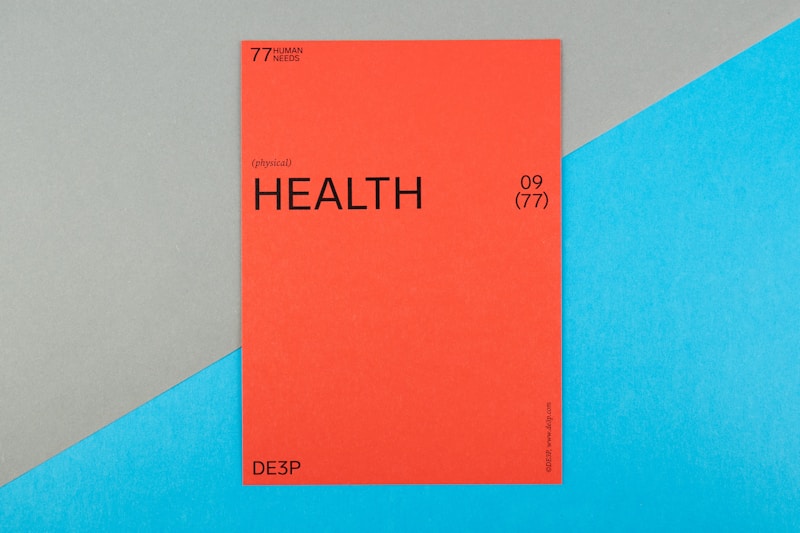Questions and Answers
What are the three molecules that make up fats and oils?
Carbon, hydrogen, and oxygen
What is the primary cause of rancidity in fats and oils?
Oxidation
What is the PV test used to measure?
The primary products of oxidation
What is the oxidation of fats and oils responsible for?
Signup and view all the answers
What type of fats are found in animal products?
Signup and view all the answers
What are the two types of fats?
Signup and view all the answers
What type of fats are found in olive oil, nuts, and avocados?
Signup and view all the answers
What type of fats are found in olive oil and avocados?
Signup and view all the answers
What is the purpose of the PV test?
Signup and view all the answers
What are the effects of saturated fats on the body?
Signup and view all the answers
What are the effects of saturated fats on the body?
Signup and view all the answers
What are the effects of unsaturated fats on the body?
Signup and view all the answers
What is the effect of refined oils on the body?
Signup and view all the answers
Study Notes
- Fats and oils are composed of molecules of carbon, hydrogen, and oxygen, which are insoluble in water.
- Fats and oils are solid at room temperature and liquid at room temperature.
- Foods high in saturated fats contain animal fats, coconut oil, palm oil, and other polyunsaturated fats are high in plant oils.
- Foods high in monounsaturated fats include olive oil, nuts, and avocados.
- Foods high in polyunsaturated fats include most plant oils, oily fish, nuts, seeds, spreads, and meat.
- Oxidation of fats and oils is a natural process that leads to the rancidity of lipids.
- Rancidity is caused by the oxidation of fats and oils to produce a range of compounds, including peroxides and hydroperoxides.
- Hydrolytic rancidity occurs in the absence of air and is caused by the hydrolysis of fats.
- Fats and oils are used in cooking and other activities, and can be either saturated or unsaturated.
- Saturated fats are more easily oxidized than unsaturated fats, and are unhealthy because they can be converted to toxic byproducts.
- Industry stakeholders put in place measures to minimize the production of unhealthy byproducts.
- The peroxide value (PV) test is used to measure the primary products of oxidation: peroxides (ROO) and hydroperoxides (ROOH).
- The PV value can be used to determine the oxidative status of fats and oils.
- The generation of calibration/standard curves is necessary for PV measurement.
- Saturated and unsaturated fats are both important for health, but their effects on the body are different.
- Saturated fats are bad for the heart, and can increase the risk of heart disease, while unsaturated fats are good for the heart.
- Unsaturated fats are also good for the body's cholesterol levels, and can help reduce the risk of heart disease.
- Refined oils are bad for the body because they are high in saturated and unsaturated fats, which can increase the risk of heart disease.
Studying That Suits You
Use AI to generate personalized quizzes and flashcards to suit your learning preferences.
Description
Test your knowledge about the composition, properties, oxidation, and health effects of fats and oils. Explore the distinction between saturated and unsaturated fats, their effects on the body, and the measurement of oxidative status using the peroxide value (PV) test.




